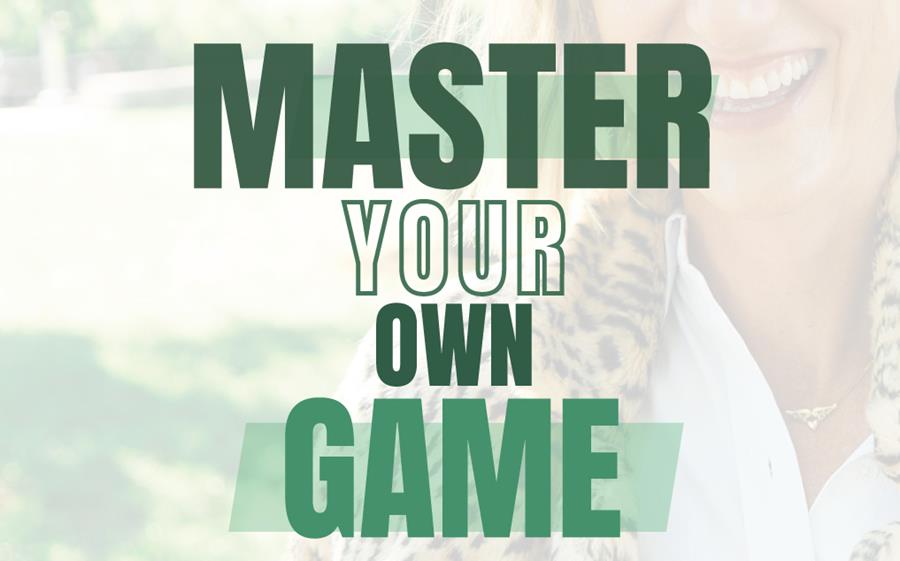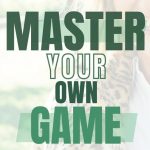Early in my career, I worked on-site at a new development where sales had slowed to a crawl. The market was shaky—post-Lehman collapse, buyers were nervous, and traffic was thin. Everyone was on edge. Except Ethan.
Ethan was another salesperson on the team, and to me, he seemed like a machine. He knew everything about the building—down to where the studs were manufactured. His pitch was flawless, rehearsed, almost robotic. He didn’t seem to connect with buyers emotionally, or at least not in the way I thought mattered. I didn’t get it. But here’s the thing: he was the only one closing deals.
I was confused. A little frustrated. But I was paying attention.
With few appointments and a lot of time to think, I made a decision. I wasn’t going to copy Ethan’s approach—but I was going to match his level of expertise. I focused on something I genuinely found interesting: the building’s LEED Gold Certification for energy efficiency. I went all in. I learned everything I could about sustainable design, HVAC systems, recycled materials, water conservation—the technical details most people glossed over.
And something shifted.
Buyers started leaning in. They asked better questions. And they started saying yes.
What I learned was this: in a fragile market shaken by the financial crisis, buyers weren’t just looking for enthusiasm—they were looking for certainty. They responded to confidence. And confidence comes from real knowledge.
That experience changed the way I thought about competition. It’s not always about outperforming someone else. Sometimes, it’s about digging deeper into your own strengths—so your version of excellence becomes impossible to ignore.


Competition Shapes Culture
That experience with Ethan taught me something else: the way we compete doesn’t just impact our own growth—it sets the tone for the entire office.
Walk into any residential brokerage and you’ll feel it almost immediately. Some offices run hot: fast-paced, high-pressure, results-driven environments where people guard their leads like state secrets. There’s energy, yes—but also tension. Everyone is tracking everyone else. It’s sharp. Focused. Competitive, in the purest sense of the word.
Other offices move differently. They’re collaborative. Open. Agents share strategies, talk through sticking points, refer clients across specialties. The atmosphere is still ambitious—but there’s trust built into the workflow. Less “every person for themselves,” more “let’s all rise together.”
And here’s the truth: both models can work. Both have produced top-performing agents. The key is knowing which environment supports your version of peak performance.
Some agents thrive in the high-stakes, keep-up-or-get-out culture. It sharpens their edge and keeps them on their game. Others do their best work in places where they feel supported, where ideas and information move freely, and where healthy competition doesn’t come at the cost of connection.
So how do you know which environment is right for you?
Start by asking yourself these three questions.

Ask Yourself These Three Questions
1. Do I perform better when I’m pushed by others, or supported by them?
This is about understanding what motivates you—urgency or trust? Some people need the pressure of top producers around them to stay sharp. Others need breathing room and camaraderie to feel safe enough to take risks. There’s no right answer. Just your answer.
2. When I look around, do I feel inspired—or distracted?
It’s easy to assume that being around top talent will automatically level you up. But if you find yourself constantly comparing, second-guessing, or slipping into imposter mode, it might not be the right fit. The right environment makes you feel energized, not smaller.
3. Am I competing for something I actually want?
This one’s big. Sometimes we chase recognition, rankings, or volume goals that don’t even align with our values. If you’re going all-in on a race that doesn’t reflect what success really means to you, it’s worth stepping back and asking: Whose game am I playing?

Final Thought: Redefining the Win
When I think back to those early days on site, watching Ethan close deals while I tried to find my footing, I realize now that the most meaningful part of that experience wasn’t the pressure to keep up—it was the chance to figure out what kind of competitor I really was.
Competition doesn’t always look how you expect it to.
It can be loud and fast-paced—or quiet and deliberate.
It can look like keeping up—or doubling down on your lane.
It can push you toward other people—or deeper into yourself.
In the right environment, competition sharpens you.
In the wrong one, it wears you out.

So much of success in this business—and in life—is about self-awareness. Knowing when to push, when to pivot, and what version of excellence actually belongs to you.
Because at the end of the day, the goal isn’t to win their game.
It’s to master your own.
– Molly B.





